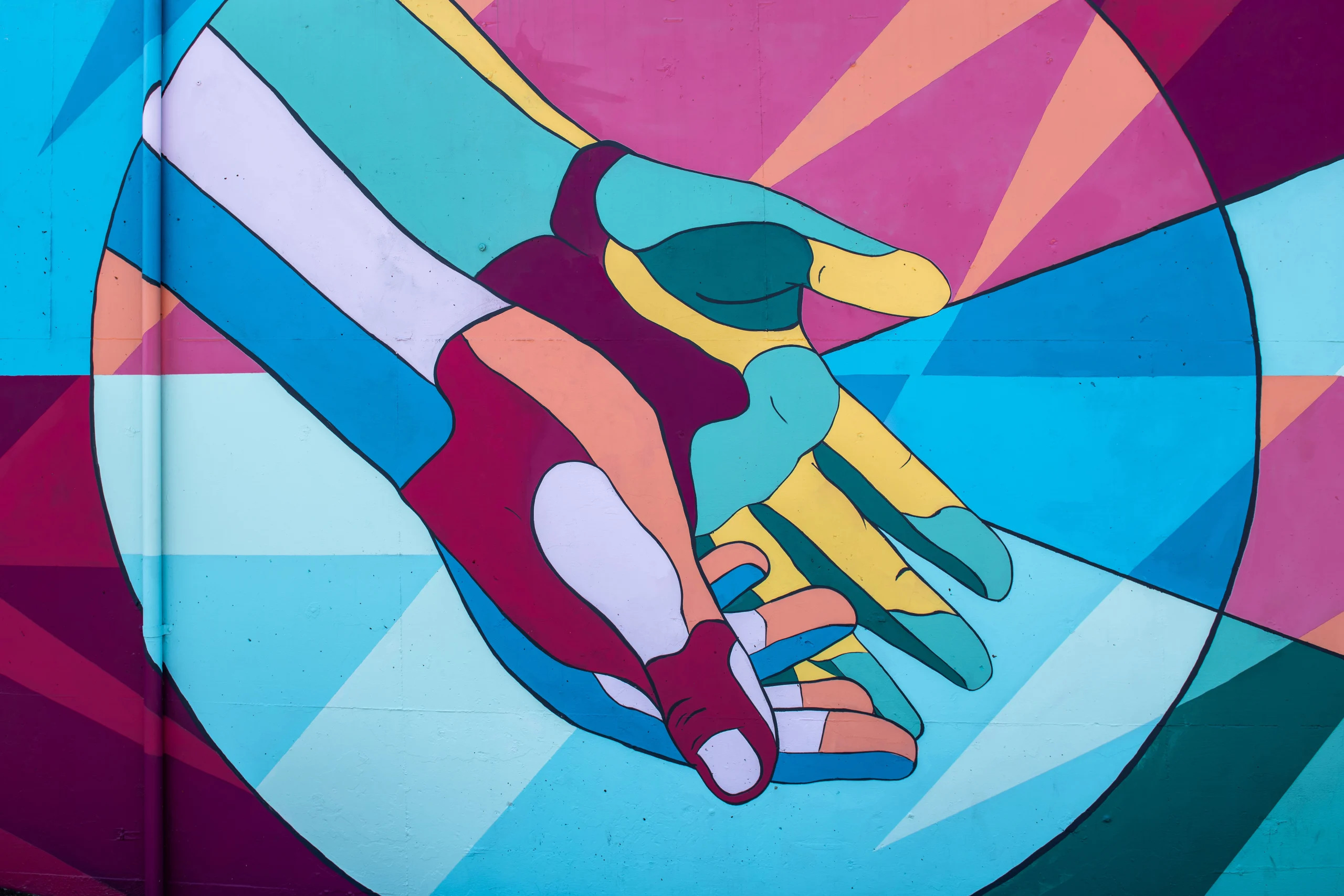BY DAVID S. KESSLER, LCSW (Florida, New York, Texas)
The holiday season can be a particularly triggering time for LGBTQ individuals. Over my 30+ years in clinical practice, many of my LGBTQ clients have described this time of year as the most challenging one, and the factors below are common factors which tend to contribute to holiday depression.
This time of year tends to be centered on family gatherings. There are many LGBTQ people who don’t have family to visit. This time of year can highlight what they might not have, bringing up intense and painful feelings. For others, their family home may not be a warm, welcoming place, so going ‘home for the holidays’ is not an option. Additionally, this season’s gatherings tend to be traditionally oriented, which for many can recreate or trigger emotional wounds connected to their histories- including the stress and pain of feeling the need to hide their inner self earlier in their life, with memories and emotional echoes of secrecy and worry about being ‘discovered,’ and everything that comes with that.
In addition, for many this season can involve a religious focus, or religious functions which can also place an LGBTQ person directly in contact with people and institutions that may have caused them great pain. This is especially heightened for those who come from families and religious settings, which have previously stigmatized and rejected them, or at the very least have not been accepting of their sexual or gender identities. For many people, both direct, overt rejection as well as more subtle (but no less painful) ‘microaggressions’ can reactivate old emotional wounds and be re-traumatizing, contributing to holiday depression.
In addition, during the holiday season there tends to be an increase in media representations of traditional family structures. This can often make LGBTQ people long for the ‘idealized family and home life’ that they did not have. When media representations mostly reflect heteronormative and cisgender images, heightened feelings of ‘otherness’ and alienation in LGBTQ people can contribute to holiday depression.
As a result, a seemingly joyous time of year can actually be quite emotionally challenging, with decisions often having to be made about whether to attend family functions at all, or attending these gatherings but at the cost of having to hide parts of themselves, not feeling completely comfortable showing up fully as who they are. This can be a difficult, painful, and stressful decision to have to make.
The challenges of this time of year can be even more difficult for those who experience depression—whether a more acute form of clinical depression, or a milder form of malaise.
What is Depression?
Depression can take many forms. There is a difference between “feeling a little down” (sometimes called ‘the holiday blues’) and Clinical Depression. The way to tell the difference is based on the symptoms that one experiences. Signs of clinical depression can include the following: persistent sadness, tearfulness, feelings of hopelessness, loss of interest, feelings of isolation and alienation, loss of motivation or pleasure, sleep or appetite disturbances, chronic tiredness, lack of energy, persistent fatigue, difficulty focusing, feelings of anxiety or restlessness, and in worse cases can also include thoughts of death or suicide*. One simple indicator is that symptoms of clinical depression tend to be severe enough to cause changes or problems in daily functioning, activities, relationships or work.
People who experience depression often report that their symptoms are intensified during the holiday season. This is true in any year, and during the Covid pandemic, these issues have been even more pronounced. Many people with depression have reported experiencing heightened symptoms during the time of the Covid pandemic, compounded by even greater feelings of isolation, disconnection, fear, anxiety and worry due to the extraordinary, difficult circumstances of these times. With the holiday season on the horizon, these symptoms may become even worse.
Thus, it is important and helpful to have a ‘self-care plan’ in place and to utilize it to help balance out the stresses and emotions of the season. Doing so can help people manage holiday depression for years to come.
How to Cope with Holiday Depression:
- If you need help, ask for it – This could mean confiding in trusted friends and loved ones in your ‘family of choice,’ or it may mean contacting a therapist for some focused emotional and psychological support and assistance. Whatever it means for you, it is important to be aware of what you need – and then do it.
- Connect with others instead of isolating – Identify people you trust with whom you can connect, whether in person, on the phone, or in a video chat – the format doesn’t matter. The goal is healthy connection with those who can be there for connection and support.
- Set boundaries – Know what is acceptable to you and what is not, and what you need in terms of personal space. Once you do, you can create an action plan to give yourself the space you need. This might mean spending a limited amount of time with certain people, or it could mean choosing not to do so at all. You have the ability and the right to make choices that are in your own best interest.
- Take breaks – Holiday depression comes in many shapes and forms. If you are attending a family function or gathering and begin to feel overwhelmed, it is ok to leave the situation for a few minutes to regroup, take a deep breath and ground yourself before you go back. Doing this periodically can help ‘break things up’ and make the situation feel more easily manageable.
- Self-reflect – Ask yourself: after the holidays, when I look back what would feel good to be able to look back and see how I managed this time? Whatever that is, create a plan before you are in the situation, and then put the plan into action to give yourself what you need.
- Practice overall Self-Care – This is always important, and it is even more important during times that are more stressful and difficult. Examples of basic self-care include the following: remembering to periodically stop and take a deep breath (many people actually forget to breathe), maintaining an exercise routine, consistent healthy eating, regular hydration, getting enough sleep, and maintaining social connections that nourish you. Whatever helps you feel grounded, calm, peaceful and healthy – these are the things to focus on as a way of helping you get through this (and any) challenging time.
- Consider Alternative Medicine – Plant based medicines like medical marijuana have been shown to be extremely effecting in fighting depression. Medical marijuana can promote feelings of relaxation and reduce stress, thereby decreasing some of the anxiety symptoms associated with depression.
Holiday Depression Resources
- https://www.glbthotline.org/national-hotline.html
- https://www.teleleaf.com/a-complete-guide-on-medical-marijuana-for-depression/
- https://988lifeline.org/ (National Suicide Prevention Lifeline)
*If you are in a life-threatening situation and may be a danger to yourself or others, please go to the nearest hospital emergency room or call 911 immediately

David S. Kessler, LCSW has been a practicing Psychotherapist for over 30 years, largely working with LGBTQ individuals. He is licensed in Florida, Texas, and NY, and is available for consultation and therapy via LGBTQTherapySpace.com.



